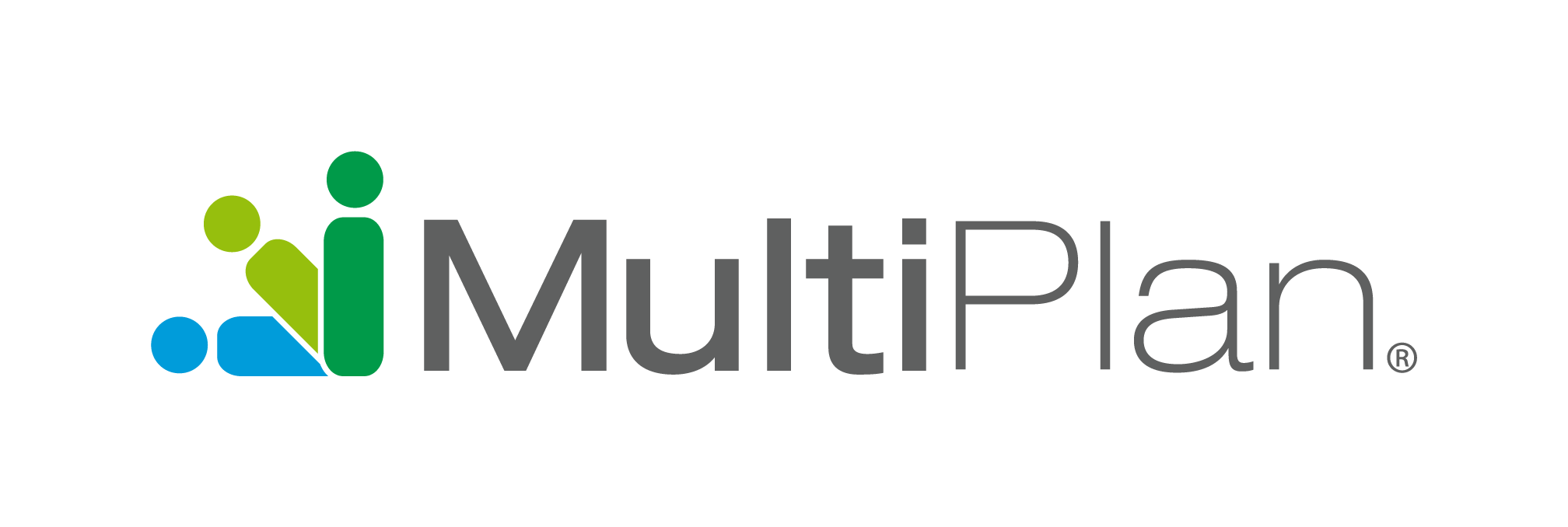For today’s health plans, clinical audits play a critical role in payment accuracy and ensuring the financial health of the organization. They can help a plan control costs, comply with government regulations, and meet financial requirements. Fundamentally, clinical audits help to identify where payment accuracy errors are likely. There are many flavors of clinical audits—reviews for high-dollar claims, medical necessity, hospital bills, DRG validation, and skilled nursing care are among some of the most common.
Effect of clinical audits on provider experience
Whatever the flavor of the audit, it’s likely that clinical audits can create provider abrasion and we understand the reasons for the discontent. There’s little disagreement in the medical community that clinical audits are necessary, yet tedious and expensive.
In fact, nearly a third of health care providers report a negative experience with payor audits, according to a study by Frost & Sullivan. Providers report that their negative experience stems from factors including a high volume of medical requests, the prevalence of technical denials, and the high administrative costs of audit compliance.
More than 92% of survey respondents tie provider abrasion to the volume of medical requests. And 50% of providers consider clinical validation audits and DRG coding to be very or extremely labor-intensive. This is a critical factor given that labor intensity has a direct impact on administrative costs.
Improving the payor-provider relationship during audits
The good news is that any dissatisfaction in the clinical audit process is not irreparable. I have learned that provider-friendly techniques can go a long way toward delivering a positive experience during clinical audits, making them less intrusive and more cost-effective for both parties. Recognizing that clinical audits have the potential to cause provider abrasion is the first step to reducing discontent. Beyond that, communication and education are key.
Clear and transparent communication throughout the clinical audit process can have a significant impact on enhancing the provider experience. By clearly communicating expectations, health plans can alleviate provider unease with the audit process and mitigate the adversarial impact and stress related to clinical audits.
Providers are more likely to be amenable to the audit when they clearly understand requests, deadlines, and the plan’s findings. When they know what to expect and understand that the communication lines are open, providers are more likely to have a positive experience.
Similarly, education is an important tool in reducing provider abrasion. Perhaps the most valuable element of clinical audit education is helping healthcare providers understand how to change their behavior to reduce the impact of audits. Health plans can educate providers on the need for preventative measures in situations related to high-risk targets. Education can also include helping providers understand how to implement a proactive approach to address recurring problems.
Ultimately, with frequent and transparent communication and education throughout the clinical audit process, health plans can help providers view the plan in a favorable light and experience the audit without undue stress. With a positive clinical audit experience, payors and providers can work together to reduce the potential for post-payment recovery today and in the years to come.
Learn how MultiPlan can help you enhance the provider experience in clinical audits.
Previously published on the former Discovery Health Partners website.

